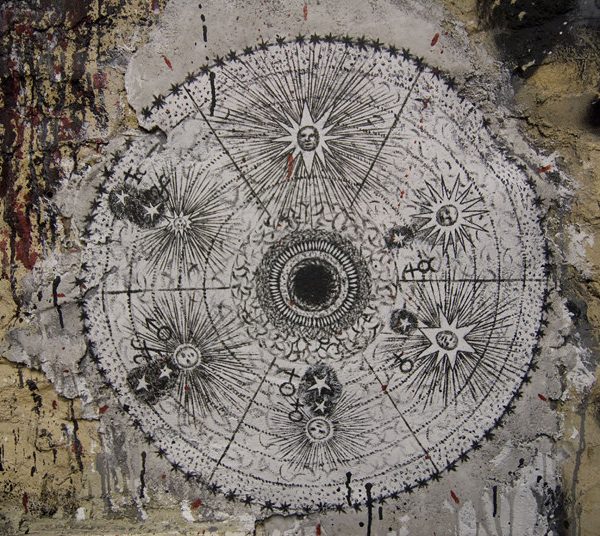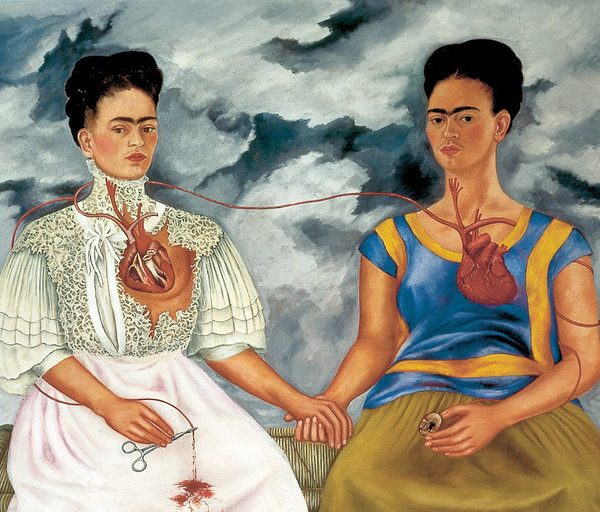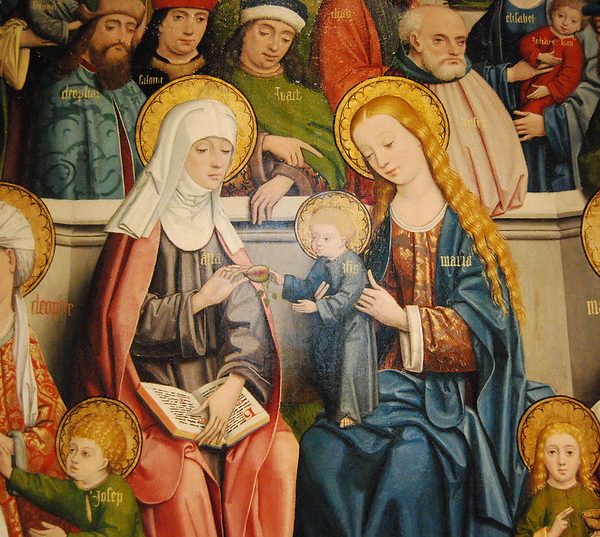
To become part of an institution as a member of a group which has historically been excluded from the university or from the discipline of theology is to be extremely conscious of the fragility of our survival within that institution, to feel the necessity of struggling against the forces of reproduction which conspire towards our ongoing exclusion.
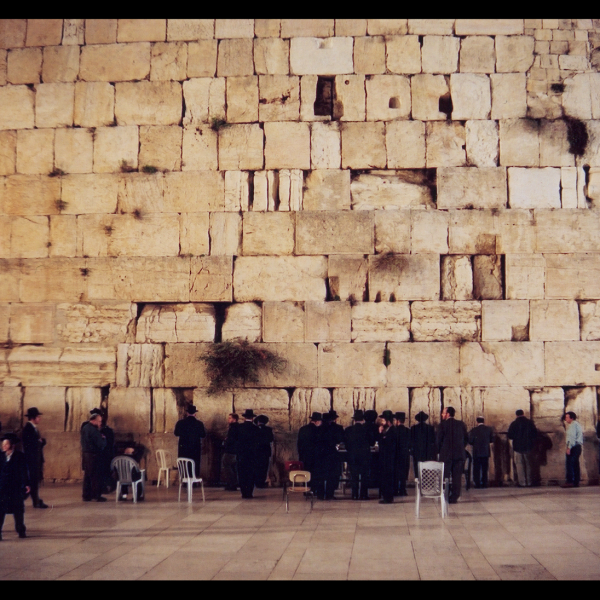
The Jews is the great constant of this book, persisting from Old Testament to Tel Aviv, as an ahistorical collective, undisturbed by text and politics, what the book calls ethnos, goy. This book’s apriori is the Jews as a goy.
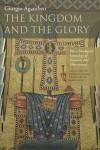
The field of political theology has not yet been rigorously defined. It is more a field of affinities than a clearly delineated disciplinary space—a kind of “zone of indistinction” between theology and political theory where the terms of debate are still very much up for grabs. Even as the range and shape of political theology as a field of inquiry remain somewhat inchoate, however, there are points of reference that already seem more or less obvious or obligatory. The work of Giorgio Agamben is surely one of them, a status that The Kingdom and the Glory will just as surely reinforce. […]

